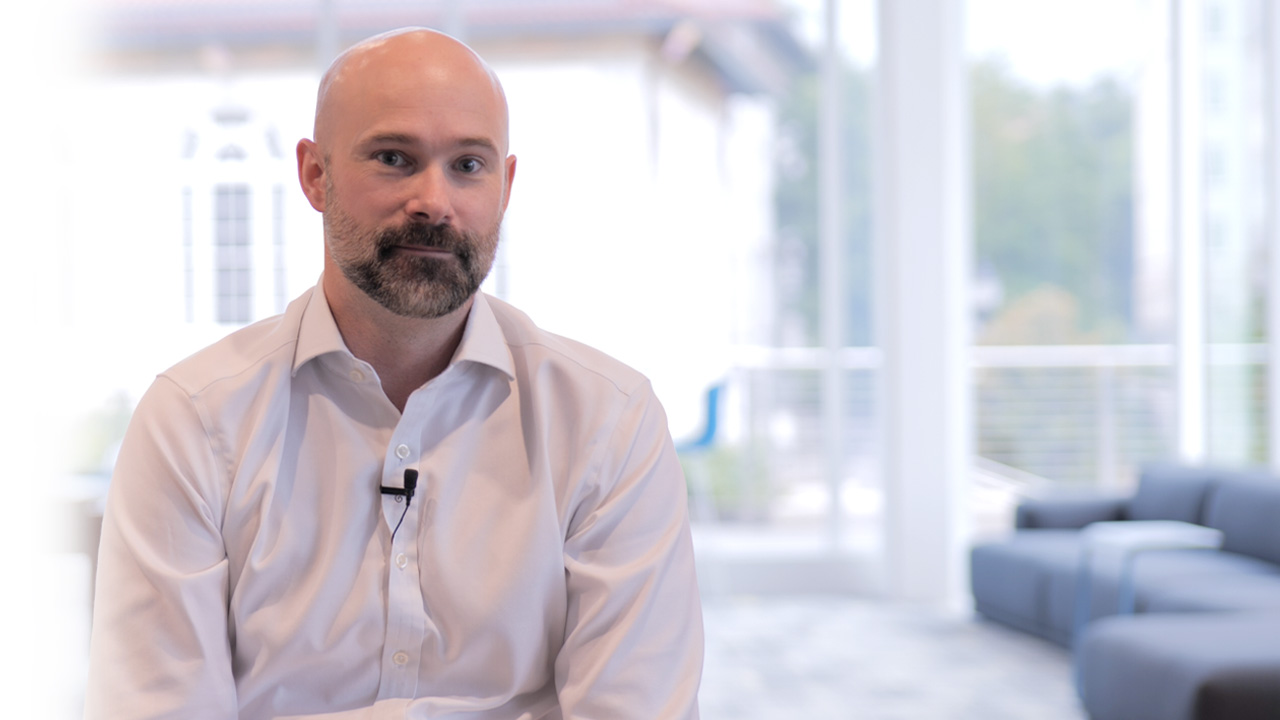College admission and the Holistic Process: The admissions process can seem complicated, unfair, and random,…
How to Write a Meaningful Personal Statement
From Dr. Mark Butt (Assistant Vice Provost and Executive Director of Admission)
Every year, I read more than 3,000 personal statements or short answer responses. Each one represents a student’s effort to translate who they are, and their lived experiences, into words—hoping that the story on the page resonates with someone they’ve never met. Yep, that’s me—one of the many readers on the other side of the application. The personal statement isn’t about perfection or showing expertise in the craft of writing. But, it is about authenticity, reflection, and the art of sharing experiences. Think of it as your opportunity to help the reader, someone like me, understand how your experiences, curiosities, and values have shaped who you are and where you would like to go next.
Over the years, I’ve learned that the most memorable essays don’t try to sound “admissions-worthy” or try to prove something. But, the great ones sound like you – whoever that might be. So, our team who runs this blog asked me to share a few insights given my role and experience (Thanks, Annabelle). So, here are a few pieces of advice to help you approach your personal statement (and those deceptively short supplements) with gumption:
Five Tips for Writing a Meaningful Personal Statement:
- Reflect before you write. Always start with reflection based on the prompt at hand. Ask yourself: What moments or experiences define me? What first comes to mind when I read the prompt? The best essays emerge from honest introspection. Think of this as storytelling, not reporting. You’re not proving your worth—you’re helping the reader understand your journey.
- Research the institutions to which you’re applying.
A strong essay (or supplement in this case) connects who you are with what a university values. Dive into their academic programs, traditions, faculty experts, and culture. A line about a specific course, professor, or initiative shows thoughtfulness and depth. It’s not about name-dropping though; it’s about fit and alignment. Demonstrate through your writing that you align with elements of the institution which are unique. Connect the dots between you and the institution and be specific. Generalities are to be avoided here. - Communicate your values and adjectives.
Before writing, jot down a list of adjectives that describe you and that you’d like to communicate to the admissions committee. These are adjectives. Then, let those traits guide your examples and tone. Admissions readers aren’t just looking for what you’ve done; we’re trying to understand how you think, collaborate, and contribute to a community. If you’re curious, share about a time when you showed this through your actions and experiences. And if you’re known for your sense of humor, let that shine through. Tell us through a story about a time when those adjectives showed themselves. - Start your short-answer supplements early.
Those 100 or 200-word prompts look quick and easy, but they can be some of the most challenging parts of your Common Application. Each one demands precision and voice in very few words. Begin them early, experiment with different approaches, and remember: short doesn’t mean simple. - Ask a peer (or two) to read it.
Once you’ve written a draft that feels genuine, share it with someone who knows you well. Ask what they learned about you that they didn’t already know—or what parts felt most you. Their feedback can help you sharpen your voice and ensure that your personality shines through.
The personal statement isn’t about impressing someone in an office—it’s about inviting them into your story which you will carry with you no matter where you go. When written with honesty and care, it can show the values, motivations, and dreams that GPAs and SAT/ACT scores can’t capture. Remember, we admissions officers aren’t searching for perfect essays—we’re searching for authentic young scholars who know who they are and can flourish here in an academic community of experts.
As we approach the ED1 deadline, I’m wishing you all the best in your storytelling. We look forward to reading them—they’re far more interesting and reading transcripts, I promise!




Thank you for these tips, it really helped me in crafting my essay.
Thank you for sharing this advice — it was incredibly helpful in shaping my college essay. I feel confident that my essay is thoughtful, well-written, and truly reflects who I am as a student beyond just my transcript. I really appreciate the guidance Emory provides to help applicants express themselves authentically.